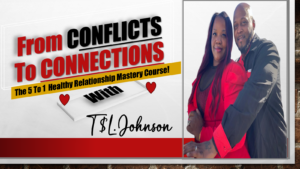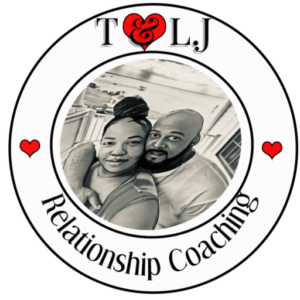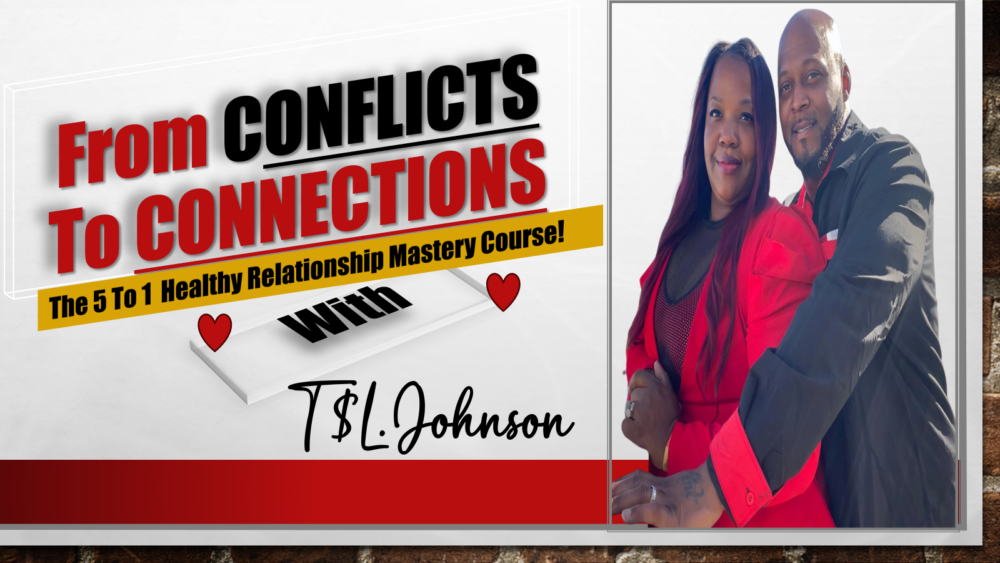Understanding Each Other’s Perspectives
The Importance of Active Listening
One of the biggest lessons I’ve learned in my relationships is the power of active listening. It’s not just about hearing the words; it’s about understanding where they come from. Back in the day, I’d just wait for my turn to speak, thinking of my response instead of truly grasping what my partner was saying. But once I committed to really listening, everything changed!
Active listening involves giving your undivided attention to your partner. When they talk, try to put away distractions—even your phone! Acknowledging their feelings by nodding or using affirming words can diffuse tension and show that you respect their viewpoint.
Furthermore, it’s helpful to repeat back what you hear to confirm understanding. This doesn’t mean you have to agree with everything, but it shows that you’re making an effort to comprehend their emotions and thoughts. It lays a solid foundation for conflict resolution!
Empathy: Walking in Their Shoes
Empathy is key when it comes to navigating conflicts. Imagine how amazing it feels when someone truly gets what you’re going through! When I make an effort to put myself in my partner’s shoes, it transforms the way I respond to conflict.
Empathizing doesn’t mean you have to agree; it’s about validating their experience. That simple act can help them feel heard and appreciated, which can calm the storm when disputes arise. It sends a signal that you’re all in this together, not on opposite sides.
When you incorporate empathy into your conversations, it allows you to tackle issues from a perspective of unity, rather than confrontation. So, take a moment to ask yourself, “How would I feel if I were in their position?” It makes a world of difference!
Communicating Openly and Honestly
Let’s face it: sometimes honesty can sting a bit. Being open about your feelings is essential for nurturing a resilient relationship. I’ve found that sugar-coating things usually leads to misunderstandings later on, and that’s the last thing you want when trying to resolve conflict!
Saying what’s on your mind, while being respectful, can eliminate tension. Candor can clear the air and actually prevent issues from escalating. Use “I” statements—like “I feel” or “I need”—to express how certain behaviors make you feel without throwing blame.
Establishing a pattern of honesty will encourage your partner to do the same. This fosters trust and opens doors for more genuine conversations. Remember, it’s not about being brutally honest; it’s about being constructively honest. In a relationship, that’s a huge win!
Setting Healthy Boundaries
Understanding Personal Space
Boundaries are like the invisible lines that keep us both safe and secure in any relationship. Learning to set healthy boundaries was one of the tougher lessons for me. Initially, I thought boundaries might seem selfish, but I later realized they’re about self-care as much as they are about respecting my partner.
Personal space allows both individuals to retain their identity in the relationship. It’s okay to have time alone, pursue individual interests, or even have private thoughts. When I finally voiced my need for ‘me time’, I noticed quite a shift; my partner felt less pressured, and I felt more fulfilled.
Encouraging your partner to express their boundaries too is crucial. When both parties articulate what makes them comfortable, it opens the door for healthier interactions. Knowing each other’s limits reduces resentment and fosters greater understanding.
Creating Safe Zones for Discussion
Creating a safe zone for discussions is another essential aspect of setting boundaries. This is where both partners can express feelings and concerns without fear of judgment or backlash. I remember just how much easier it became to discuss sensitive topics once we established a safe word and a specific place for our talks!
By designating certain areas for deeper conversations, it creates a mental trigger that signals both of you to be open and attentive. Plus, it’s about timing too; choose moments when both of you are relaxed—not right before bed or during a hectic day.
Use this safe zone not just for conflicts but also to celebrate the little victories in your relationship. This balance helps to strengthen your bond and reassures both partners that they’re safe to share, disagree, or even be vulnerable.
Respecting Each Other’s Differences
We’re all unique, and that’s what makes relationships so rich! However, it can also lead to friction, as differences can sometimes lead to misunderstandings and conflicts. I’ve learned that acknowledging and respecting these differences is crucial for harmony.

Rather than trying to mold each other to fit a certain image, accept and embrace what makes your partner, well, them! This may take some time, but when you’re patient and understanding, the payoff is enormous. It allows for authentic connections instead of superficial bonds!
And believe you me, highlighting those differences can lead to some amazing growth. Use them as opportunities to learn from one another. Sometimes, opposing viewpoints will enrich your experiences rather than divide you.
Practicing Patience and Forgiveness
Embracing Imperfection
No one’s perfect, including us, and that’s a huge thing to remember in any relationship! Realizing that we both make mistakes and have flaws has made it so much easier to navigate conflicts. I truly believe that embracing our imperfections brings us closer instead of pushing us apart.
I learned the hard way that holding onto grudges can be toxic. I’ve faced times when I had to remind myself that being human means the occasional slip-up… and that goes for both me and my partner. Learn to forgive! If you keep score, resentment builds, and that’s a recipe for disaster.
Using mistakes as stepping stones for growth instead of points of contention will change the overall landscape of your relationship. Transformation comes from recognizing that errors are just part of the journey, not the destination.
Taking Time to Cool Off
Sometimes, the best thing to do during a conflict is to pump the brakes and take a breather. I’ve had my fair share of heated arguments, and waiting till the storm passes has saved us both from saying things we’d regret later. Taking time to cool off can do wonders!
When emotions run high, it can cloud judgment and lead to hurtful words. Discussing a timer can help in implementing cooling-off periods. It’s important that both parties agree on this. After all, a little time apart can provide a moment of reflection and clarity.
Once you return to the conversation, you’ll often find the desire to fight has dulled, and both of you can approach the discussion with cooler heads. This strategy minimizes conflict escalation, ensuring that disagreements can be approached constructively.
Learning to Let Go
Lastly, I can’t stress enough the power of letting go. Holding onto past grievances creates a mountain of unnecessary baggage. If you’ve addressed something, it’s time to lay it to rest. I’ve had to consciously tell myself to move forward and not dwell; it’s freeing!
Imagine your relationship without the weight of past arguments. It creates an atmosphere for positivity and love. It’s like cleaning out an old closet—once you toss the junk, you can finally see what you’ve got and appreciate it!
Helping each other to let go involves encouragement and understanding. Sometimes you’ll need to remind each other that the past isn’t what defines your relationship now. Life’s too short to dwell on what’s gone; embrace what you have now!
FAQs
Q1: What is active listening, and why is it important?
A1: Active listening involves fully concentrating on what your partner is saying, understanding their words, and responding thoughtfully. It’s crucial because it helps both parties feel heard and valued, making resolution easier.
Q2: How can empathy strengthen a relationship?
A2: Empathy helps partners relate to each other’s feelings, leading to a stronger emotional connection. By validating each other’s experiences, it fosters trust and diminishes misunderstandings.
Q3: What are some good ways to set boundaries?
A3: Clear communication is key! Define what makes you comfortable and articulate those needs to your partner. Additionally, designate safe zones for sensitive discussions and practice mutual respect for those boundaries.
Q4: Why is forgiveness essential in a relationship?
A4: Forgiveness allows both partners to move past conflicts without holding onto resentment. It’s vital for healing and maintaining a healthy, loving relationship.
Q5: How can I practice patience during conflicts?
A5: Taking time to cool off before discussing sensitive topics can greatly enhance patience. Breathing, meditating, or even stepping away for a little while can help bring clarity and prevent escalation.

Schedule Your First 20-Minute Coaching
Call With Us Today to see if we fit . You pick the price!
Click Here






